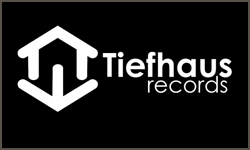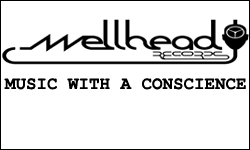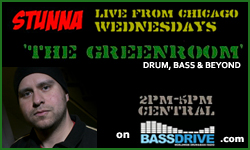Send us feedback, news, press releases, join us as an editor.
*Sponsorship opportunities available, please CONTACT US for details.
'Inside the Biz,' with Reat Kay
T
he music business is definitely one of the toughest of any existing today. Not only has it undergone dramatic changes over time, it has also become more and more competitive. In this first episode of my guest column here for Electrofans, I will tell you how I got into the electronic music scene and business, and how different the whole market has become today. Over the next editions of my column, I will present some common practices in the business and shed some light on them from various angles. I will give you my perspectives both as an artist, and also as record label owner.How I got into the biz
 I came into it like most other DJs – as a young teenager (I was 15 years old). In 1999, I somehow ended up in a local club here in Basel (Switzerland) when having a date with a girl I met on an Internet Relay Chat (some of you probably still know IRC). It was on this night that I fell in love with Trance music, and now, I am still in love with it. The date was not that great – but I am thankful that that girl brought me to a type of music that really caught me. In the morning I got in touch with a DJ who had played a set at that event (it turned out to be Switzerland's Trance pioneer, DJ Energy), and a week later I was a guest DJ in his booth, spinning vinyls for the first time, unsuccessfully of course (I even screwed up one of his vinyls, because the needle jumped out of my hand.)
I came into it like most other DJs – as a young teenager (I was 15 years old). In 1999, I somehow ended up in a local club here in Basel (Switzerland) when having a date with a girl I met on an Internet Relay Chat (some of you probably still know IRC). It was on this night that I fell in love with Trance music, and now, I am still in love with it. The date was not that great – but I am thankful that that girl brought me to a type of music that really caught me. In the morning I got in touch with a DJ who had played a set at that event (it turned out to be Switzerland's Trance pioneer, DJ Energy), and a week later I was a guest DJ in his booth, spinning vinyls for the first time, unsuccessfully of course (I even screwed up one of his vinyls, because the needle jumped out of my hand.)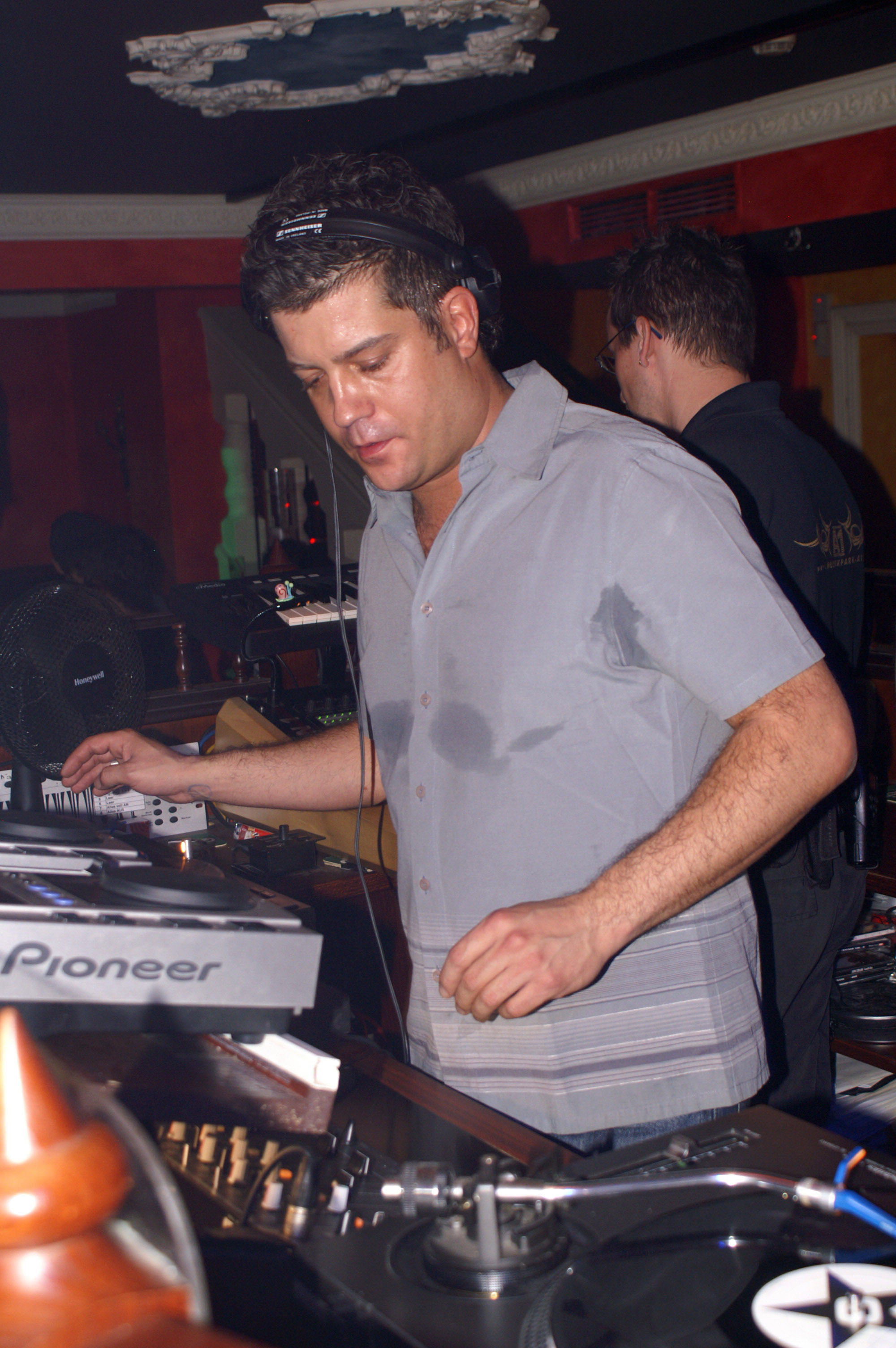
2 years later, still being a bedroom DJ, I finally got my chance to perform at the same club, which was my entrance to Trance & Techno music. It took me like 6 months from the first try until they finally gave me a chance. After that set, I got booked frequently and thanks to my performances, other clubs became interested in me and I could play up to 4 times on a single weekend at different venues. This all happened between 2001 and 2004. Even though we had CD players available at basically every club, most DJs still relied on vinyl – including me. We payed like 15 dollars or even more for a single vinyl record, containing between one to usually two or three (re)mixes. The average song length was about 7 minutes back then, so a full set of new songs usually cost us around 100 bucks.
The business is continuously changing
It was a different time, and to be honest, it was easier back then. DJs on a local, regional (and even national level) in our country have been mostly rated based on their DJ performance. Of course we had our very own elite guard of headliners, with their own massive productions – mostly produced by big producers – even officially naming them on the credits, but you could get booked for every major rave in our country simply by being a good DJ. But things changed dramatically, on every level. Everything is more competitive now, you can start DJing with much smaller investments, music is available a lot cheaper and piracy has massively increased. Also the bookers of the clubs changed their booking guidelines, because the pressure upon them increased due to harder economic circumstances. One of the major issues in Switzerland was the sudden ban on public smoking. Restaurants, clubs, bars – they all suffered from it. Some of them had decrease of revenues of 50% within one month after the law became active. The bookers started to save money where they could; instead of taking on good newcomers for a small fee, they saved for the big names that they knew would sell out the clubs, or relied on resident DJs or regional/national artists with their own extensive fanbase.It was called Fruity Loops
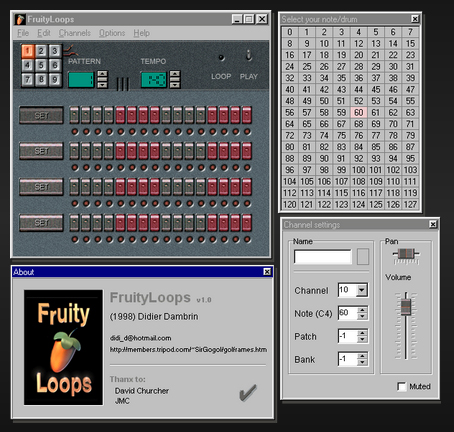 To build your very own fanbase, when you're not actually getting any gigs that have a significant impact on your reach, you basically just have one option: Your own music. When you just start this long learning process, it can be quite overwhelming. So many tools, so many options... I started this process back in 2001 with a software called Fruity Loops (now FL Studio) and in 2003 I had the option to get my song produced by German Hard Trance Superstars 'Schwarze Puppen'. In the end I declined –I wanted to make it on my own, even if it took me 10 years. In the end, it took me 12 years to release my own fully self-produced song, but I could be proud of it. As I could not find any label that wanted to release it, and as my studio partner and I had some differences with the record label we wanted to work with, we decided to start our own label.
To build your very own fanbase, when you're not actually getting any gigs that have a significant impact on your reach, you basically just have one option: Your own music. When you just start this long learning process, it can be quite overwhelming. So many tools, so many options... I started this process back in 2001 with a software called Fruity Loops (now FL Studio) and in 2003 I had the option to get my song produced by German Hard Trance Superstars 'Schwarze Puppen'. In the end I declined –I wanted to make it on my own, even if it took me 10 years. In the end, it took me 12 years to release my own fully self-produced song, but I could be proud of it. As I could not find any label that wanted to release it, and as my studio partner and I had some differences with the record label we wanted to work with, we decided to start our own label.
Jumping into the real business
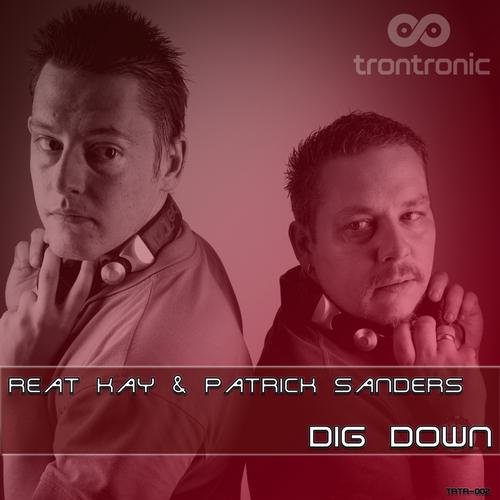 The digital revolution actually helped us really, to realize these plans – while a lot of traditional successful labels had come and gone by that time... We could start our own record label with minimal costs – we just needed a logo (which we got for free from a friend), a domain and a simple website. We found a great distributor, with whom we are still working. Our label manager James from LabelWorx spent a lot of time answering all our questions regarding releases, and gave us a lot of tips and advice (cheers James). TronTronic Entertainment was born – in 2013. Our first releases were the songs 'Dig Down' & 'Hazard' I produced for myself and my friend Patrick Sanders. And wow, our first releases instantly got featured on a shop called 'AudioJelly' – we felt like we were on a real high – not knowing what shall happen in the future. A day later we were on their Top Hundred twice, and launched some Facebook ad campaigns - a week later, we hit the TOP 5 Main Charts.
The digital revolution actually helped us really, to realize these plans – while a lot of traditional successful labels had come and gone by that time... We could start our own record label with minimal costs – we just needed a logo (which we got for free from a friend), a domain and a simple website. We found a great distributor, with whom we are still working. Our label manager James from LabelWorx spent a lot of time answering all our questions regarding releases, and gave us a lot of tips and advice (cheers James). TronTronic Entertainment was born – in 2013. Our first releases were the songs 'Dig Down' & 'Hazard' I produced for myself and my friend Patrick Sanders. And wow, our first releases instantly got featured on a shop called 'AudioJelly' – we felt like we were on a real high – not knowing what shall happen in the future. A day later we were on their Top Hundred twice, and launched some Facebook ad campaigns - a week later, we hit the TOP 5 Main Charts.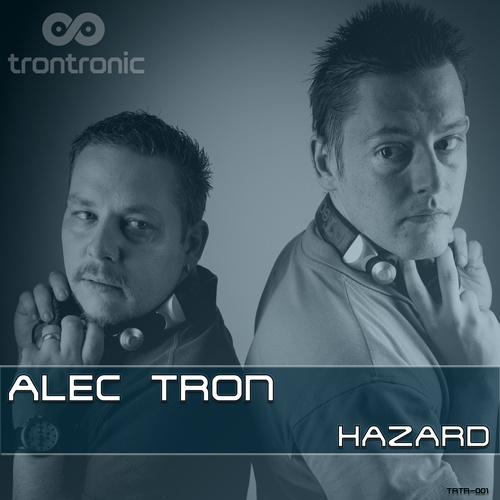
Failing is part of a learning process
But we never got a single cent from it, because AudioJelly disappeared in bankruptcy. We spent several hundered dollars in advertising two releases on different shops and in the end, we only wound up making like 40 bucks. But it's good to fail in general – and especially at an early stage. It teaches you viable lessons – and our business is full of obstacles, sharks, scammers & dangers. It was just one of many fails, many lessons I had to learn as owner of a record label. I wish I had some knowledge earlier – to avoid some of these lessons, but I am now at a point where I am really happy with the progress of my own success and the success of my record label.






